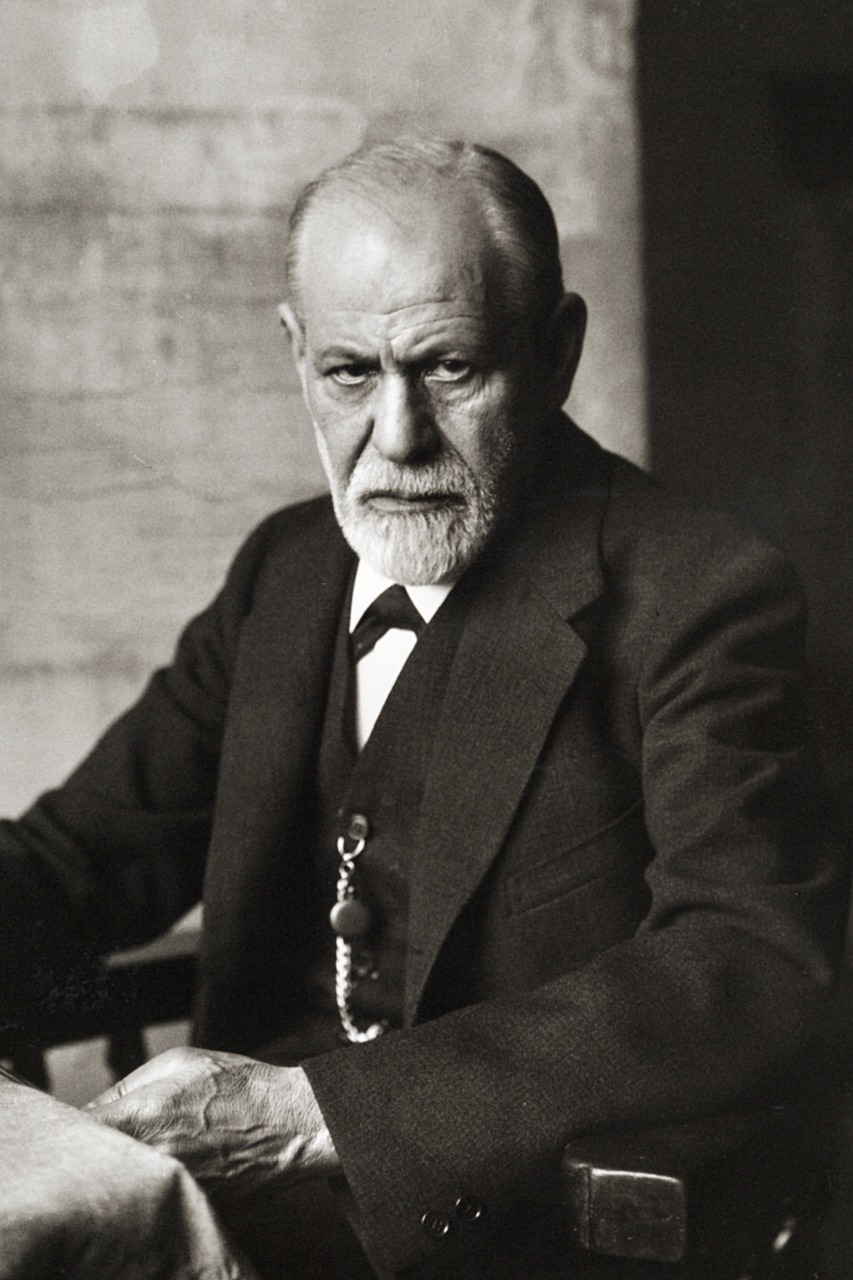
Recommendations for “good” residency programs about where to apply are a “dime a dozen.” Residents and attendings often give you their opinions about programs based on previous reputations. Or, perhaps, they attended or have friends within the residency. Rarely a faculty member knows the current residency program well enough to tell you if the perceived residency quality matches its current status.
Additionally, any program’s directors, chairpersons, faculty, and residents continuously change. So, these folks may know much about the residency from many years ago but not much about the current status.
So, how do you confirm whether a radiology residency program is reputable once you arrive on the interview day? To do just that, it takes one straightforward but rarely performed step: Ask residents and attendings from other departments within the same hospital about the residency program at the interview site.
Why Does The Opinion Of Other Department Physicians About The Residency Program Matter So Much?
Remember. When you apply for a residency, the residency has a vested interest in selling you a spot. The residency director, residents, and faculty want all applicants, regardless of rank, to select their program to get “the best residents.” So, asking a radiology resident or residency director whether she likes his residency is like asking a car salesperson if he loves the car he is selling.
On the other hand, other department members may work directly with the radiology residency. However, they do not have the same filter. They can say whatever they want about the program without being directly affected by the repercussions. Therefore, asking these fellow physicians can give you a more truthful answer.
Moreover, physicians within most other departments often work directly with radiology residents and attendings. So, they have great insight into the quality of the radiology department as a whole.
Why Do Applicants Rarely Perform This Step?
First and foremost, most residents never consider the option. Interview days are so chock full of activities that asking other departments would never cross your consciousness. You may also think you do not have the time to bother.
For others, however, it may involve stepping outside your comfort zone. It would help if you asked other physicians you don’t know about another residency. You may worry if they will even respond. But, you will likely find that most physicians will be happy to talk.
What Kind Of Information Can You Find?
Well, the information you may discover can be invaluable. What about a question to an emergency department physician like: Do you trust the reads of the residents in this program? This question can give you a lot of information about the quality of a training program. You will get a much more truthful answer than asking the program director about the program’s quality.
Or, how about asking the oncologists, do you get along well with your radiology colleagues? This question can tell you more about a radiology program’s culture than any pointed question you may ask the radiology residents or faculty.
My advice is to consider some pointed questions to ask after the interviews. And, then, try to find a few residents and attendings in another department to ask about these questions.
Making Sure A Residency Program Is Reputable
If a particular residency seriously interests you and you want to confirm its reputation, then you want to consider taking the extra time to step out of your comfort zone. Ask a few random attendings from different departments about the program. It’s a great way to ensure that the residency matches your expectations. You may find that all is not as it seems!













